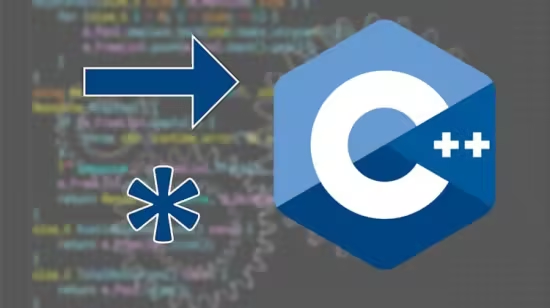
Published 8/2025
MP4 | Video: h264, 1280×720 | Audio: AAC, 44.1 KHz, 2 Ch
Language: English | Duration: 3h 25m | Size: 1.5 GB
A Practical Guide to Safe and Modern Memory Management with unique_ptr in C++
What you’ll learn
Understand the fundamentals of dynamic memory allocation in C++
Master the use of unique_ptr for efficient and safe resource management
Apply advanced concepts such as custom deleters, PIMPL idiom & object pools
Ensure exception safety and resource cleanup using smart pointer best practices
Requirements
Basic knowledge of C++ syntax and programming concepts
Understanding of pointers and references in C++
Description
This comprehensive course provides an in-depth exploration of modern memory management in C++, with an emphasis on mastering unique_ptr. Designed for developers familiar with basic C++ syntax, the course bridges the gap between traditional manual memory allocation techniques and robust, exception-safe smart pointer usage that empowers modern C++ applications.You will start with a foundational understanding of dynamic memory allocation, delving into functions like malloc, calloc, and realloc, and exposing common pitfalls, such as uninitialized memory bugs. Progress through modern C++ allocation using new, including its nuances, error handling, array management, and advanced placement techniques.Explore the evolution from deprecated pointers such as auto_ptr to the type-safe and resource-managing smart pointers introduced in C++11. The heart of the course focuses on unique_ptr: its basic and advanced usage, function signatures, pass-by-value and pass-by-const-reference patterns, and application as parameter and return types. Uncover how unique_ptr prevents dangling pointers, boosts exception safety, integrates with containers, and leverages helper functions like make_unique.Dive even further as you examine advanced idioms such as the PIMPL (Pointer to IMPLementation) pattern and custom deleters, illustrating how to manage resources with precision in real-world scenarios. Finally, you’ll get to apply these skills by building and optimizing an object pool, both with and without pooling strategies.
Password/解压密码www.tbtos.com